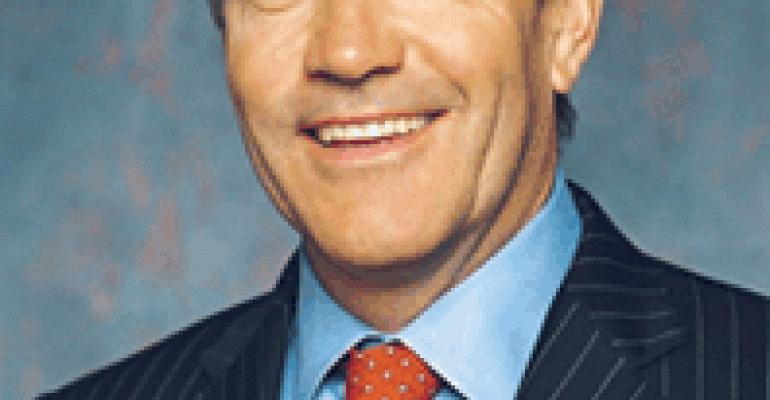
Registered Rep.: How will the SEC handle the fiduciary standard for broker/dealers this year?
John Taft: They'll propose a rule, ask for comment on that proposed rule, and they're going to do cost-benefit analysis based on that rule, and go back and look at it. I'm hopeful the rule is mostly right. The SEC has done a very good job of listening to the industry and the people who are going to be affected by the rule. Even after the rule is final, there will be an extraordinary amount of work to put it into practice.
RR.: Aren't there segments of the industry that don't want to see this happen?
JT: That is not what's going on. It's trying to make sure it's being done right. In the case of fiduciary standard, there's no burning problem, there's no crisis that needs to be addressed. This is just, is it a good policy direction or not. We have the luxury of time. We should take advantage of it to make sure it's getting done right. And we are.
I don't think public trust and confidence can be affected one way or another by how long it takes to write a fiduciary standard. Public trust and confidence are affected by things like the apparent loss of customer funds at MF Global. That's freaked a lot of people out.

RR.: What does the improper trading at UBS show about the financial system three years after the crash?
JT: There will always be problems at isolated firms. What you want to make sure is that customer protections are in place and systemic protections are in place. The event at UBS wasn't a systemic problem and it didn't affect investors. I really don't see that as the same as MF Global. But sovereign debt crisis and fears of European bank system failure, that's spooked people.




